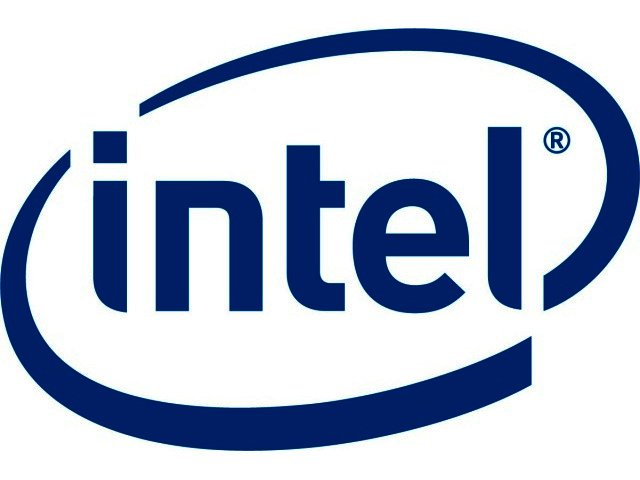Intel teams up with SA University students to create innovative solutions
By Robin-Leigh Chetty 25 June 2014 | Categories: news
Intel has announced that two South African universities, the University of Johannesburg and University of Cape Town, have been selected for the initial rollout phase of its Galileo Board Innovation programme.
Each institution is set to receive 40 Galileo boards for an Innovation Week, taking place between 23 - 27 June at UJ and 30 June - 4 July at UCT respectively. Intel will also be sending engineers from the US and Ireland to assist in a mentoring role for these students. This forms part of a bigger global outreach initiative in which 50 000 Intel Galileo boards will be distributed to 1000 universities across the world over the course of the next 18 months.
Intel is aiming to enable students to create locally relevant technology solutions to addresses socio-economic challenges that exist within their respective communities. This will be facilitated by the help of Intel's Galileo boards, which allows for the smart creation of intuitive solutions that can be utilised for virtually unlimited practical applications, according to Intel.
The Galileo Boards are based on Intel’s 32-bit Quark system-on-a-chip (SoC) X1000 application processor, with Intel stating that they will "provide a simple and cost effective development environment for the Internet of Things". Some examples of the range of solutions include an autonomous pesticide spraying project, through to monitoring the quality of water within protected wetlands area, and remote meteorological monitoring applications.
Thabani Khupe, corporate affairs director at Intel South Africa added that “Intel aspires to make a difference to millions of Africans through relevant content and industry leading programmes such as the Galileo initiative to provide the continent’s inhabitants with the tools they need to thrive and grow in modern society”.
Whether or not this vision is achieved remains to be seen, but it is encouraging to see Intel’s efforts and it should prove interesting to see what this Innovation Programme yields locally.
Most Read Articles

Have Your Say
What new tech or developments are you most anticipating this year?



